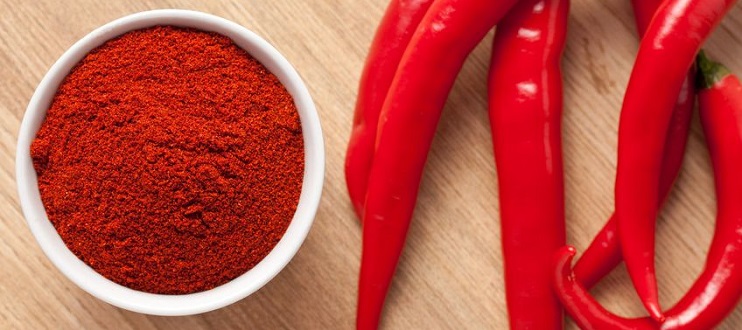

 Back to Suggested Publications
Back to Suggested Publications

This week WAidid suggests a review published on Autoimmun Rev in May 2016 on the association between spicy food (capsaicin) and autoimmune diseases. In fact, there is an increasing evidence regarding the emerging role of capsaicin in autoimmune diseases.
SUMMARY:
Autoimmune diseases refer to a spectrum of diseases characterized by an active immune response against the host, which frequently involves increased autoantibody production. The pathogenesis of autoimmune diseases is multifactorial and the exploitation of novel effective treatment is urgent. Capsaicin is a nutritional factor, the active component of chili peppers, which is responsible for the pungent component of chili pepper. As a stimuli, capsaicin selectively activate transient receptor potential vanilloid subfamily 1(TRPV1) and exert various biological effects.
When focusing on the epidemic characteristic of the distribution of autoimmune diseases and the consumption of spicy food, one will be surprised to find that living near the equator is associated with greater intake of spicy food and a lower risk of having autoimmune diseases compared with living near the polar region. One possible explanation is the protective effect of ultraviolet radiation (UVR) and vitamin D production in autoimmune diseases, such asmultiple sclerosis, insulin-dependent diabetesmellitus and rheumatoid arthritis. Recently, there is an increasing evidence regarding the emerging role of capsaicin in autoimmune diseases such as autoimmune diabetes, rheumatoid arthritis and multiple sclerosis
AUTHORS: Deng Y, Huang X, Wu H, Zhao M, Lu Q, Israeli E, Dahan S, Blank M, Shoenfeld Y.
To read the article online click HERE